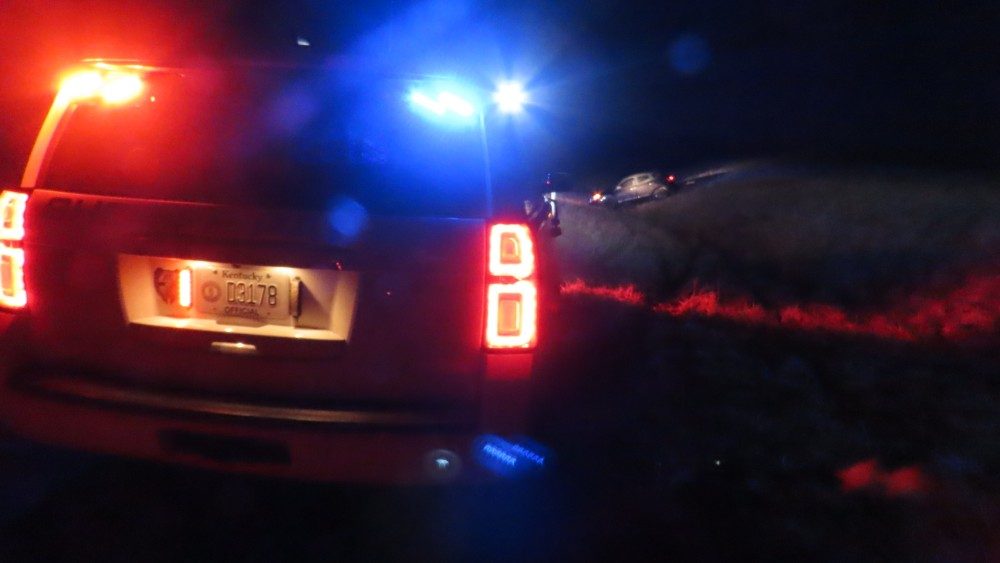
Discussion surrounding Christian County’s proposed 2,000-foot general setback variance for solar installations continued Tuesday morning, when fiscal court was once again addressed and questioned by Oriden representative Megan Stahl.
With a special-called meeting set for 8:30 AM November 29 planned for the second reading of the ordinance, Stahl wanted to take another opportunity at showcasing how restrictive this legislation could be for current and future solar projects.
At stake: a 500-acre megaplex in the Dogwood community — one that has mostly drawn the ire of residents in and around that area.
Stahl noted there are currently three Christian County plans in place that support renewable energy and expansive projects.
Since the ordinance requires nearly four-tenths of a mile from all lot lines and public roadways, Stahl said this leaves little, if any, productive property for a contiguous installation. Via color-coded map, Stahl showed only a portion of the Pennyrile Forest State Park and a remote section of southern Christian County as the only places feasible, per the ordinance.
Stahl further argued that Christian County’s proposed legislation, similar to Logan County’s, is even more restrictive than what state officials suggest.
The 2,000-foot variance, she said, was also supposed to suppress noise pollution created by the consistent moving of solar panels — which naturally need to optimally follow the sun’s rays to collect energy.
Stahl said 500 feet would be enough to make such sounds negligible.
An ordinance like this, she added, “deserved” to be heard not only in a public hearing, but also in front of a board for zoning adjustments — before a final decision brings reality. Furthermore, Stahl showed diagrams illustrating the plan to mitigate the visual impact a large solar farm would have on Christian County countryside — including the use of extensive vegetative screening that Stahl said would “fit the community.”
Magistrate Phillip Peterson cautioned Stahl, stating Christian County’s proposition does allow for adjoining property owners to collectively come together and apply for variance waivers.
Stahl asked if those allowances would have to come as waivers for properties and roadways through the fiscal court, to which Peterson and County Attorney John Soyars said needed further research.
A special-called session to hear the second reading of this ordinance is planned for Tuesday, November 29.




